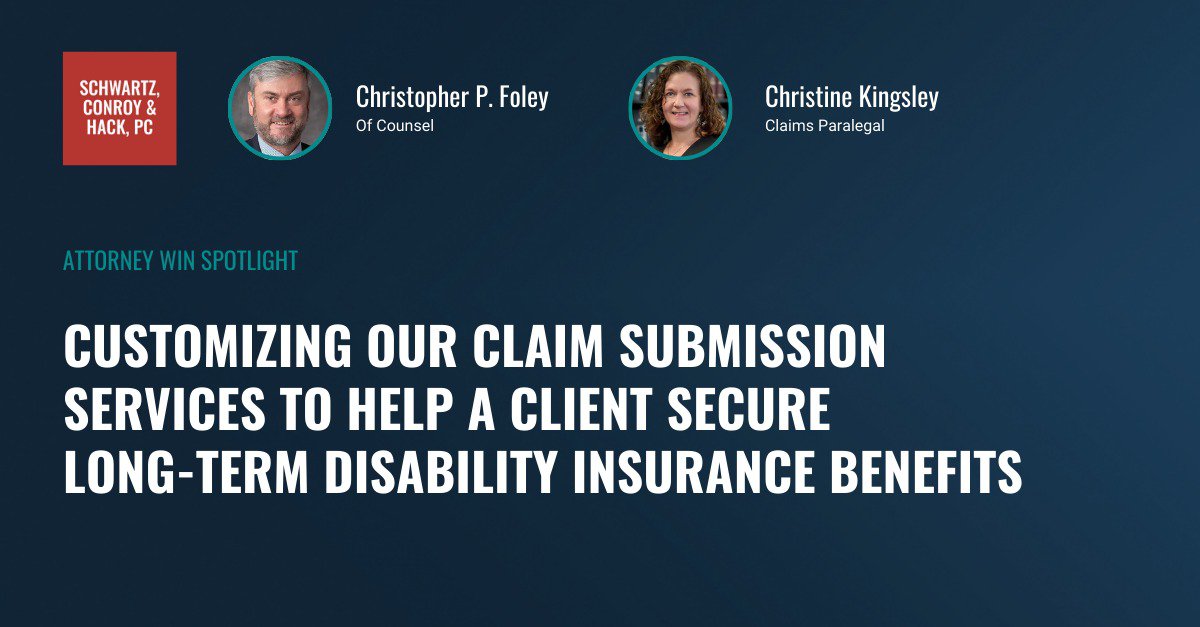The tragedy involved in the loss of a loved one or business partner often is compounded when a life insurance company decides to dispute or deny the benefits due under the policy.
Having handled many of these claims, both in the claims process and in litigation, I have found that most of these cases present with three major themes.
- Contestability and Rescission
When the insured dies within two years from the date on which the policy was issued, the insurance company has the right to contest the policy. This means they can evaluate whether or not the insured made misrepresentations on the insurance application. If they determine misrepresentations were made, the insurance company can refuse to pay the claim on the theory that they would not have issued the policy had they known about the misrepresentations at the time.
So, if the insured dies within two years of the issuance of the policy, the insurance company will gather up all the insured’s medical records and investigate both the cause of death and whether the insured made any misrepresentations on the application concerning, in particular, his or her medical history.
Whether a policy is contestable often requires a complex analysis of what the alleged misrepresentations on the application were and whether or not, if the insurance company had known the actual facts, they would have issued the policy.
- Lapse
An insurance policy that has lapsed means, according to the insurance company, that the policy is no longer in force because policy premiums that were due were never paid. If the insurance policy has actually lapsed, then the insurance company will not have to pay any benefits.
Each state has its own laws and regulations governing what an insurance company must do in terms of notifying and warning its insured before allowing a policy to lapse for nonpayment of premium. These laws and regulations often are strict, and often strictly construed by the courts in favor of policyholders and beneficiaries of the death benefits.
- Multiple Beneficiaries Competing for Benefits
Many situations arise where more than one person or entity makes a claim to the death benefits under a life insurance policy. This is not a situation where the insurance company is refusing to pay the benefits due under the policy, but rather does not want to pay one party in favor of another and then be liable to pay an additional party if they were wrong in making that payment. Under these circumstances, the insurance company typically will file a lawsuit seeking to deposit the death benefits with the court, after which it steps out of the dispute and lets the competing beneficiaries fight amongst themselves over the benefits under court supervision, leading to final resolution.
Any of the circumstances I have outlined above can be stressful and require the advice of an experienced insurance lawyer. Feel free to contact us if you have a situation involving a life insurance policy.
Evan S. Schwartz
Founder of Schwartz, Conroy & Hack
833-824-5350
[email protected]


